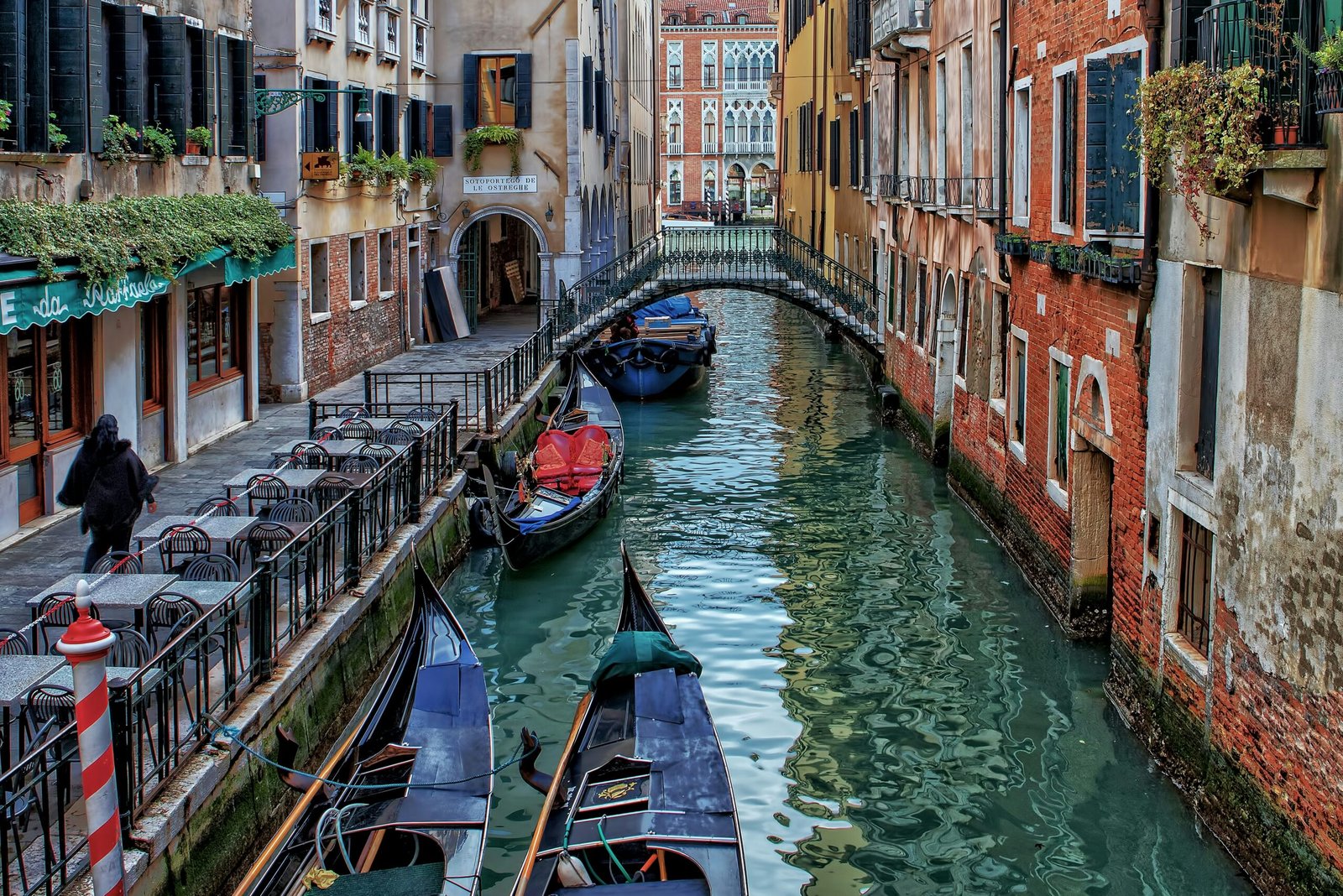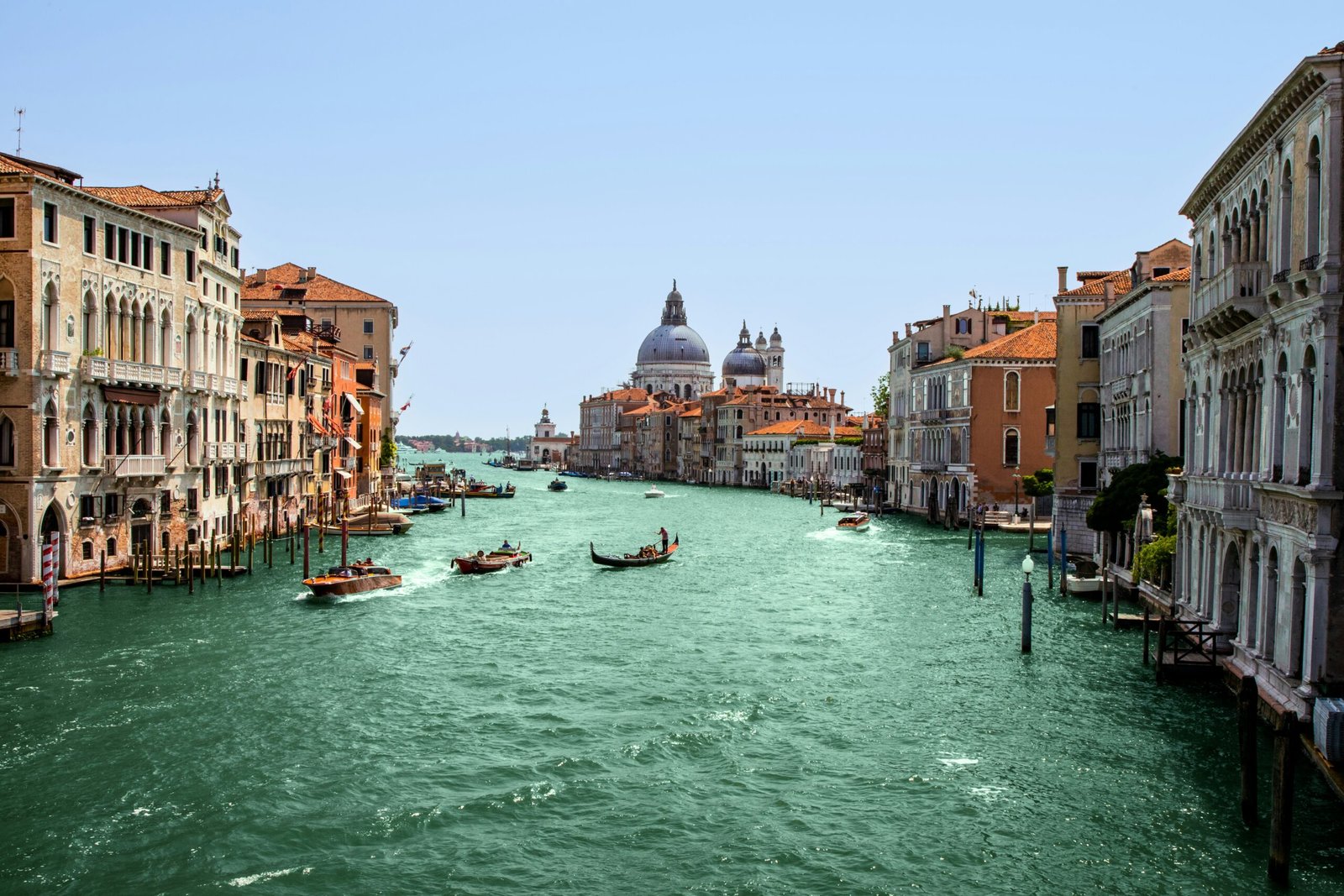When people ask how to get an Italian Golden Visa in 2025, they want to know how to build a lasting foothold in Italy through investment. This program grants residency rights and a sense of belonging. Introduced in 2017, it aims to attract patient capital into the country’s real economy while allowing qualified investors and their families to live, work, and study in Italy.
Who Can Apply
The rules are straightforward. Applicants must be non-EU citizens, at least eighteen years old, with a clean criminal record and a transparent source of wealth. Italy does not require a language exam, work experience, or even a minimum stay each year, unlike many other countries. What matters is the legitimacy of the capital and the seriousness of intent.
This simplicity is often overlooked. For those coming from places with heavy administrative burdens, the absence of residency quotas, stay requirements, or complex financial hoops is striking. In 2025, biometric enrollment has become standard at Italian consulates, adding formality and efficiency. This step clarifies the seriousness of the program and reduces confusion in the application process.
The Investment Routes
The Italian Golden Visa offers four investment routes, each reflecting different approaches to capital deployment. The entry-level option requires a €250,000 investment in an “innovative startup” to stimulate entrepreneurship. For more stability, investors can choose a €500,000 equity stake in an established Italian company. Those with a civic or philanthropic mindset can contribute €1 million to a project of public interest, often cultural, educational, or scientific. For those who prefer low-risk investments, €2 million in Italian government bonds serves as a secure option.
It is important to note what is not included: real estate. Unlike Spain, Portugal, or Greece, Italy has purposely excluded property from its investor visa program. The goal is to direct capital into the economy rather than the housing market.
The Pathway and Timeline
The process starts with an online application for the Nulla Osta, a “no impediment” certificate that confirms eligibility. After approval, investors can apply for the visa at their local Italian consulate. Upon arrival, they must request a residence permit within eight days. The initial permit is valid for two years. If the investor maintains their investment, it can be renewed for an additional three years.
After five years, the option for long-term residency opens; after ten years, the opportunity for Italian citizenship becomes attainable. These timeframes reflect Italy’s focus on building permanence rather than transactional migration.
Family Considerations
For many applicants, the decision involves their families. The Golden Visa accommodates this by extending residency rights to spouses, children, and even dependent parents. This means families can establish a base in Italy without fragmenting their legal status, a key advantage for those comparing the program with other European options.
Italy’s Flat-Tax Regime for New Residents
Italy offers one of Europe’s most appealing tax structures for new residents. Starting in 2025, eligible individuals can opt for a flat annual substitute tax of €200,000 on all foreign-sourced income. They can add family members for an additional €25,000 each per year.
This flat tax can last for up to 15 years, as long as the taxpayer has not been an Italian resident for nine of the previous ten years before applying. Additionally, participants are exempt from Italian wealth, inheritance, and gift taxes on foreign assets. This setup provides clarity and long-term planning stability for internationally mobile families.
Comparison with Portugal
Portugal’s ARI (Autorização de Residência para Investimento) will still be open in 2025. In October 2023, Law No. 56/2023 removed all real estate and simple capital transfer paths, but the program continues with non-real estate options. The most commonly used routes today are:
- €500,000 in qualifying investment or venture capital funds regulated in Portugal, typically with at least 60 percent in Portuguese companies and a five-year maturity.
- €500,000 into accredited scientific research conducted by institutions linked to the national science or technology system.
- €250,000 to approved artistic production or cultural heritage projects, with a possible 20 percent reduction to €200,000 in low-density areas where applicable.
- Company formation and job creation paths based on capital investment and demonstrated employment.
Minimum physical presence remains light, averaging seven days per year during the permit’s validity. Renewals continue for legacy applicants under earlier categories. In short, while Portugal is still active, its focus has shifted away from property toward productive, regulated investments.
Frequently Asked Questions
What are the requirements for the Italian Golden Visa in 2025?
Applicants must be non-EU citizens, at least 18 years old, with a clean criminal record and prove they have lawful funds. They must select one investment option, ranging from €250,000 in a startup to €2 million in bonds, and maintain it throughout their residency.
How long does it take to get an Italian Golden Visa?
After submitting the online *Nulla Osta* application, processing times vary but usually range from several weeks to a few months, depending on the consulate and the completeness of the documentation.
Can family members be included in the application?
Yes, the Golden Visa permits the inclusion of spouses, minor children, dependent adult children, and dependent parents without requiring separate investment.
Does the Italian Golden Visa lead to citizenship?
The Golden Visa grants temporary residency, which can be renewed once for three additional years. After about five years of continuous residence, one may qualify for long-term EU residency; after ten years, citizenship can be sought under standard naturalization rules.
Why It Matters
In 2025, as other European countries reduce or end their residency by investment programs, Italy’s approach stands out for its balance. It is rigorous enough to filter out opportunism, yet accessible for serious investors. More importantly, it frames the investment as a way to align capital with national goals, rather than just a purchase of rights.
When clients ask how to get an Italian Golden Visa in 2025, I remind them that the visa is the result, not the goal. The real aim is to invest in Italy’s future, whether that means supporting entrepreneurs, strengthening industries, funding public institutions, or backing government debt. Residency is simply a by-product of a sound, long-term investment plan.
A Final Word
Rules may change, and timelines can differ across consulates. However, the main principle remains: Italy seeks investors who think in decades, not in quarters. If that describes your approach to capital, the Golden Visa offers not just a residence permit, but a way to connect your legacy to one of the world’s most enduring cultures.
Get in touch to find out how we can help you.




